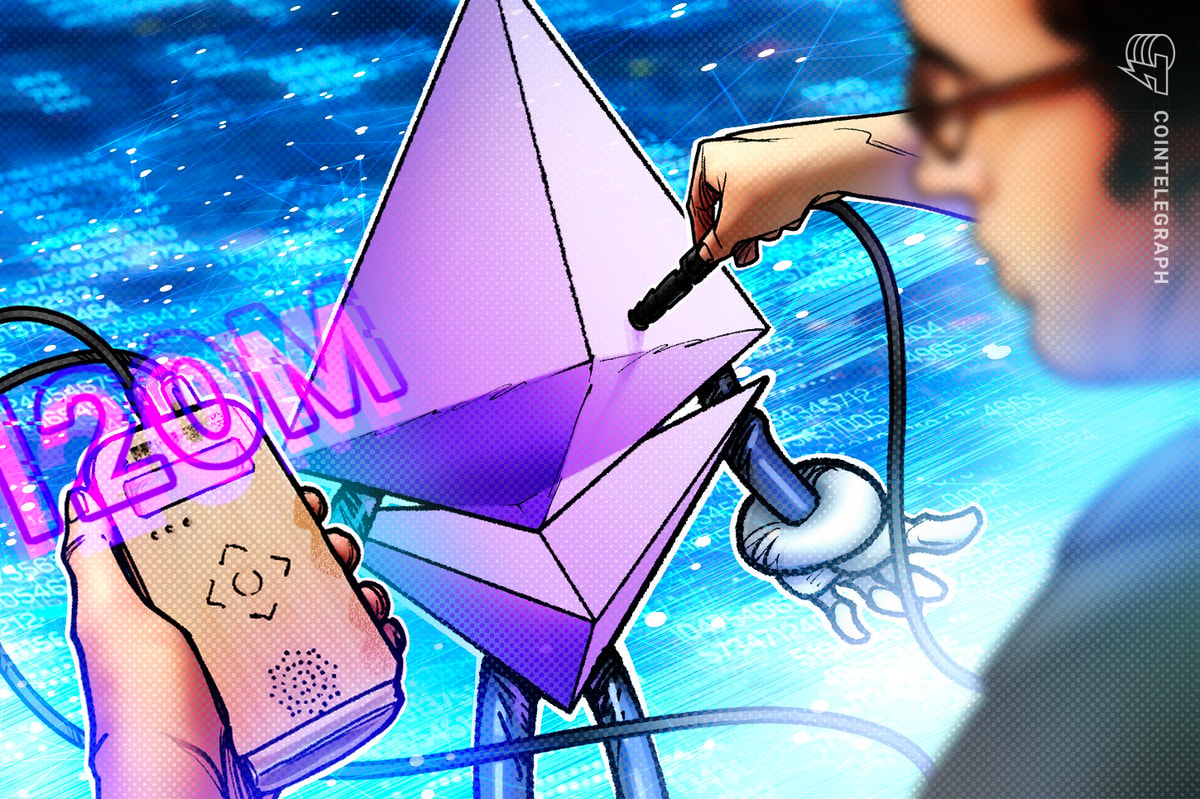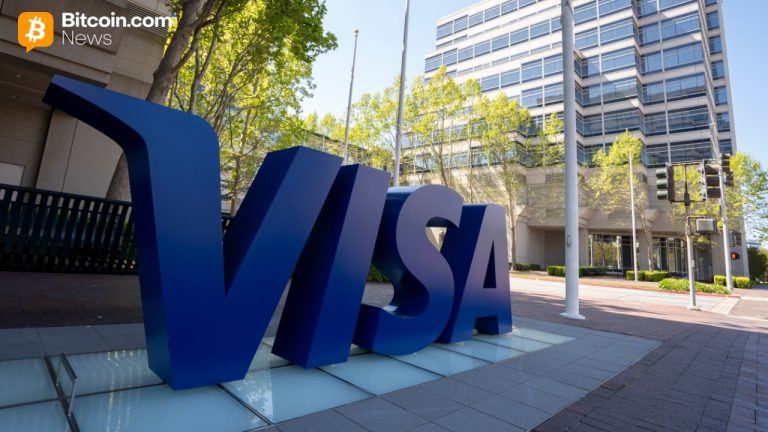Nifty News: GameStop NFT market goes live, Hong Kong’s NFT concept and more
2 min read
The nonfungible token (NFT) marketplace for American video game retailer GameStop has officially gone live on Ethereum (
Artists create a drawing using the websites tool which can then be turned into an NFT provided they have enough native tokens called GOO, these NFTs can then be “eaten” by an Art Gobbler which will store the artwork in its “belly gallery” with the NFT artwork associated to that Gobbler on-chain.
The project also enacts other deflationary measures such as restricting the amount of NFTs that can be minted and mechanisms that automatically adjust prices in coordination with an issuance schedule.
The initial mint saw 2,000 “Gobblers” minted with the community expected to spend GOO tokens to mint a further 8,000 over the next 10 years.
Cardano NFTs hit third place for trading volume
Cardano (ADA) NFTs surged in trading volume over the past month placing the blockchain in third place according to an Oct. 27 report by analytics platform DappRadar.
The report said in the last 30 days Cardano’s NFT volume reached $191 million bringing it to the third-largest NFT protocol behind Ethereum and Solana (SOL).
Related: An introduction to decentralized NFT catalogs
The blockchain’s popular NFT marketplace JPG Store saw a 40% increase in trading volume in the last 30 days also which reached a value of $11.2 million.
DappRadar attributes the surge to the blockchain’s Vasil hard fork upgrade that went live on Sep. 22 which brought with it increased efficiency for its smart contracts allowing decentralized applications to deploy and run at lower costs.
More Nifty News:
American National Basketball League (NBA) athlete Steph Curry filed a trademark application for a so-called “Curryverse” that could see the basketball champion granted exclusive rights for, among other things, “metaversal appearances.”
A Japanese city has adopted a metaverse-based school to try to get students to attend classes with students able to explore a virtual campus and classrooms, although the students must gain permission from their real school principals before attending.





